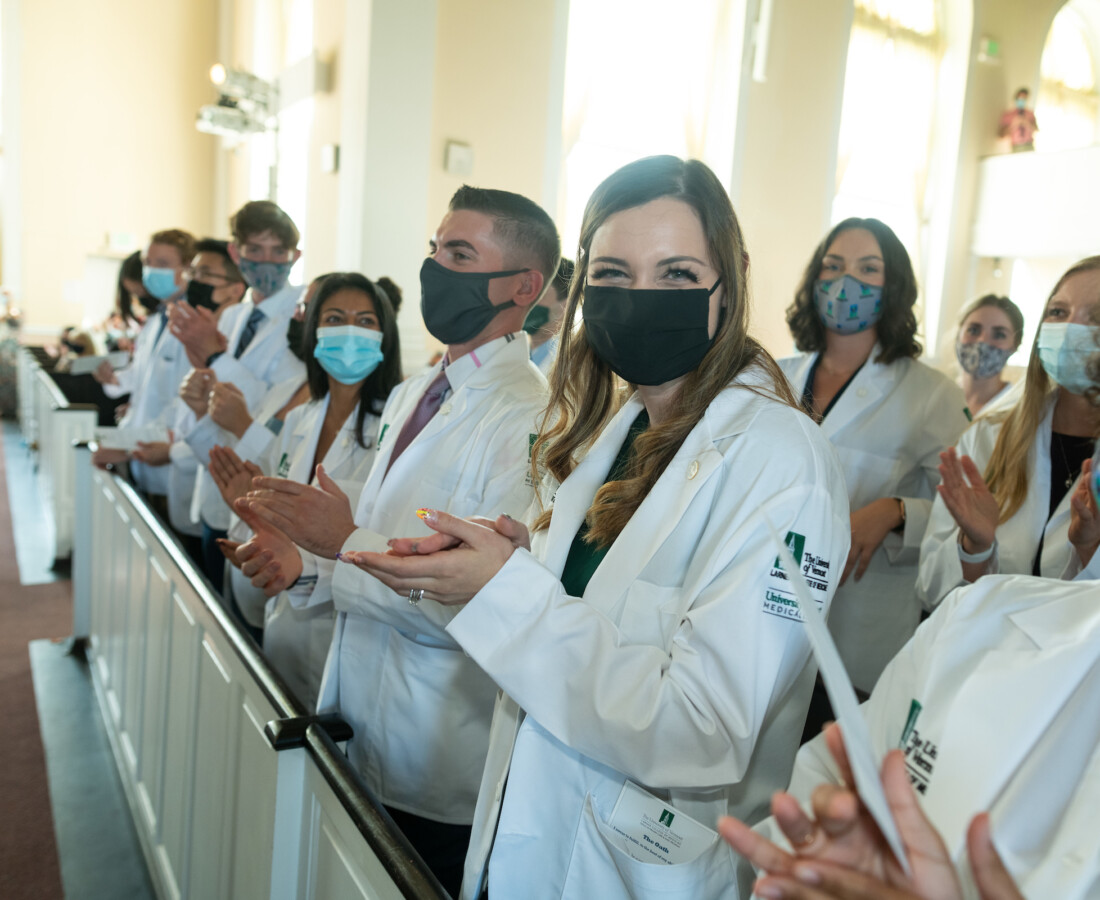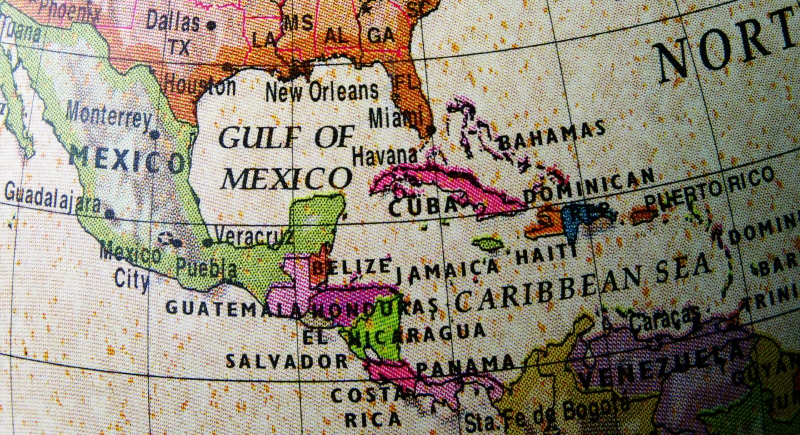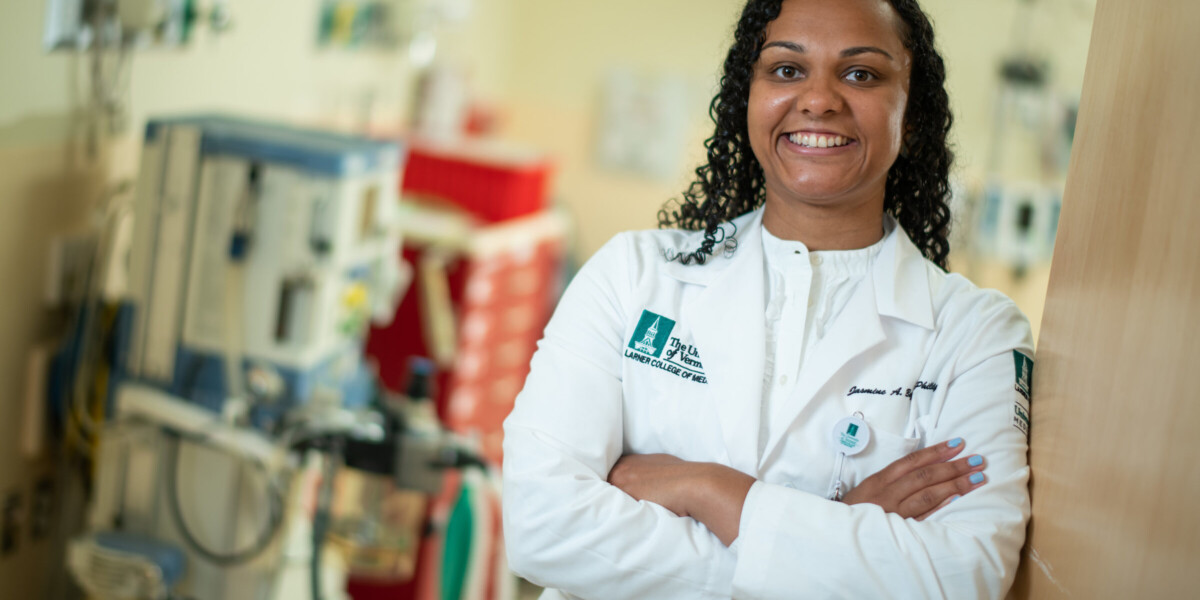If you’re thinking about applying to medical school, chances are you like a challenge and thrive in high-pressure, fast-paced environments. But even folks who are up for an epic challenge have questions and insecurities. With acceptance rates in the single digits at many top schools, applying to med school is perhaps one of life’s more humbling experiences.
That’s why we sat down to learn more about the process with Cary Jewkes, M.Ed., Director of Medical Student Admissions at the University of Vermont Larner College of Medicine. With over two decades of admissions work behind her, Jewkes has seen a lot – and read thousands of applications.
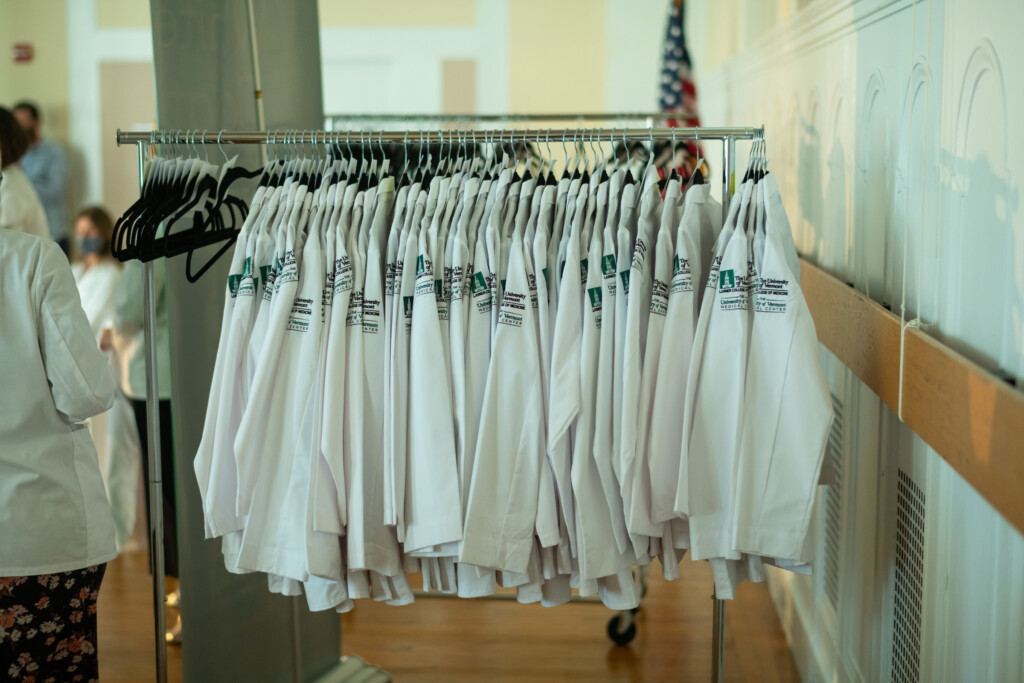
Right off the bat, Jewkes confirms what you probably suspected – there’s been a post-COVID application surge. “Last year we had a huge spike, over 28% more applications. And this year we went up a little more” she explains. Where the Larner College of Medicine used to receive about 5,500 applications annually, they now average 9,000. Of these, only about 650 applicants are invited for interviews, making the math, well, competitive.
A gatekeeper of sorts, Jewkes mostly focuses on the initial screening, deciding which applicants will progress to a coveted interview with the admissions committee. With the influx of candidates – many of whom present impressive qualifications – Jewkes acknowledges that the screening process can feel “like a numbers game.” At the same time, it’s not quite as impersonal as that, with Jewkes explaining that she and her team “try to look at everyone as holistically as possible so everyone has a chance of getting that interview.”
Tap Into the Excellence of Your Nontraditional Story
What exactly is a holistic view, though? If you’ve dipped even a toe into the application process, you’re keenly aware that admissions committees look at MCAT scores and GPA as indicators of your readiness for medical education. We’ll get to that in a second. But in all the preparation and potential stress surrounding the hard metrics of your qualifications, it’s essential to not lose sight of how much weight your personal story and “soft” qualifications have in the process.
This is where nontraditional students have the opportunity to shine – to turn your winding road to med school into your greatest asset. “We do know through research that students with a little more life experience do better in our process,” Jewkes shares. “It’s really important that our class is diverse in as many ways as possible.”
Translation? Age ain’t nothing but a number, so don’t give up on your dream just because you’re past the ripe old application age of 22 or 23. (Fun fact: The UVM average class age is 25, compared to 23, the national average).
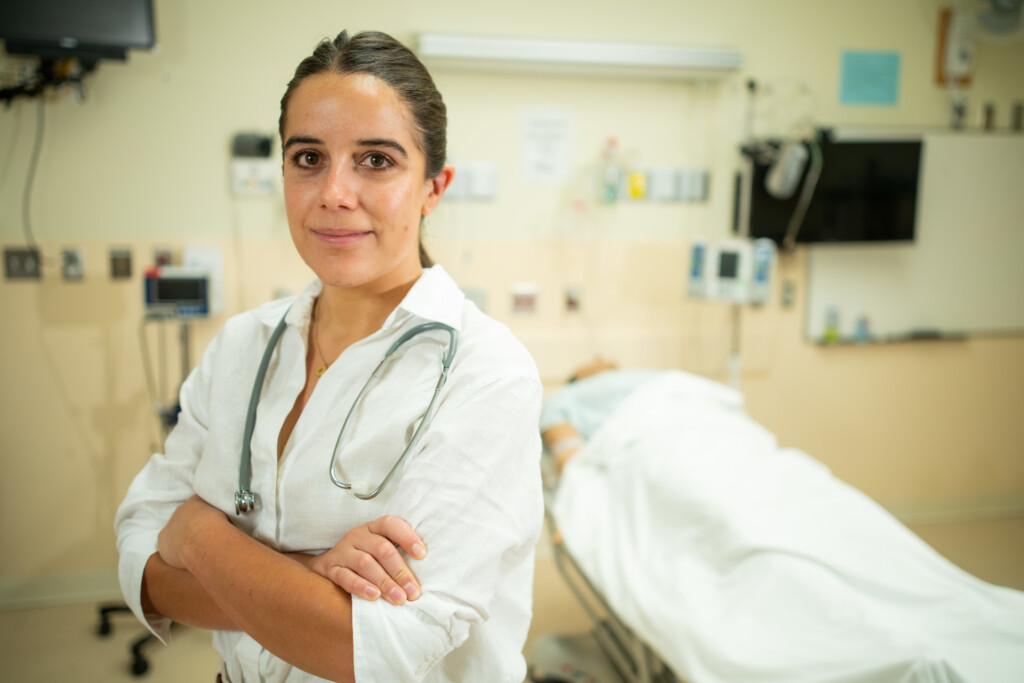
Dr. Andre Pinesett, whose YouTube channel is dedicated to delivering real talk med school advice, addresses the age issue head on in his video “Am I Too Old to Go To Medical School?” “Twenty-seven is nothing,” he says. “There are doctors who are 70, 80, and still practicing.” As a self-described pre-med underdog who rose to graduate at the top of his Stanford Medical School class, Dr. Pinesett is a champion for nontraditional students. In his view, “everybody is nontraditional in some way. There are few “traditional” medical students. So if you are nontraditional, embrace whatever is nontraditional about you, because it’s an opportunity to stand out, bring something different, and be unique.”
Regardless of age, educational background, or career path, it’s important to present yourself as a prepared, eyes-wide-open candidate who can speak clearly about your conviction and qualifications. According to Jewkes, a credible why goes a long way in presenting yourself as a serious candidate. “Even though the admissions committee loves people who come from many different backgrounds, with people who’ve changed their careers, for example, they want to know why – why now? Why did you decide this?”
While your why isn’t a required part of your application, Jewkes advises that it’s good to be clear with yourself on why you want to get into medicine, since it’s an extremely challenging educational process and demanding career.
Hard Numbers are Only Half the Story in Medical School Admission
Defining your why is essential because it will likely speak to your experiences, values, and world view.
“It’s definitely not just grades, GPA, and MCAT [that the committee looks at] – although those are important,” Jewkes says.
Jewkes describes a research-based process that UVM follows to identify candidates with character traits that predict the ability to thrive in med school. Drawing on 2013 research published in Academic Medicine, a journal of the American Association of Medical Colleges (AAMC), UVM looks for applicants who exhibit humility, reliability, resilience, and orientation toward service, to name a few.
“Is this person compassionate, is this persona altruistic? These are characteristics that are harder to define than a GPA and can come in many different forms, so that’s where the holistic part comes in,” Jewkes says.
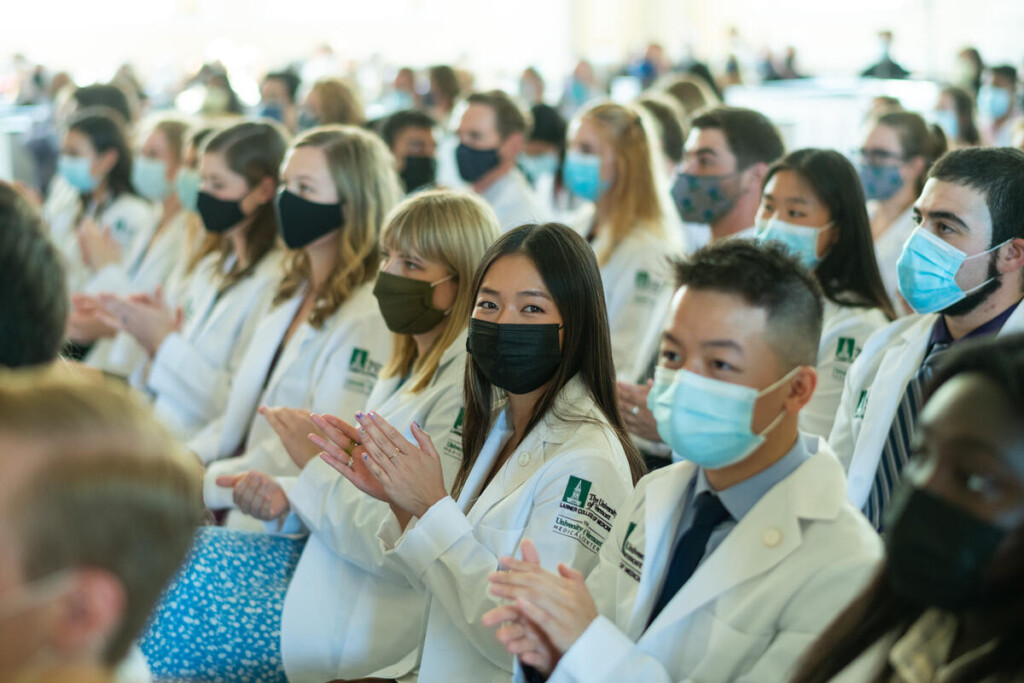
Applying to med school, vet school, or any health professions school demands both a lot of studying – and a lot of soul searching. Dr. Pinesett is careful to advise his audience to maintain a sense of balance while investing in the process. “Too often,” he says, “people get overly invested in identifying as pre-med or medical students. It’s important not to wrap up your entire identity into being a doctor – because the setbacks you experience along the way will be devastating. A setback will feel like someone telling you ‘you aren’t who you think you are’.”

